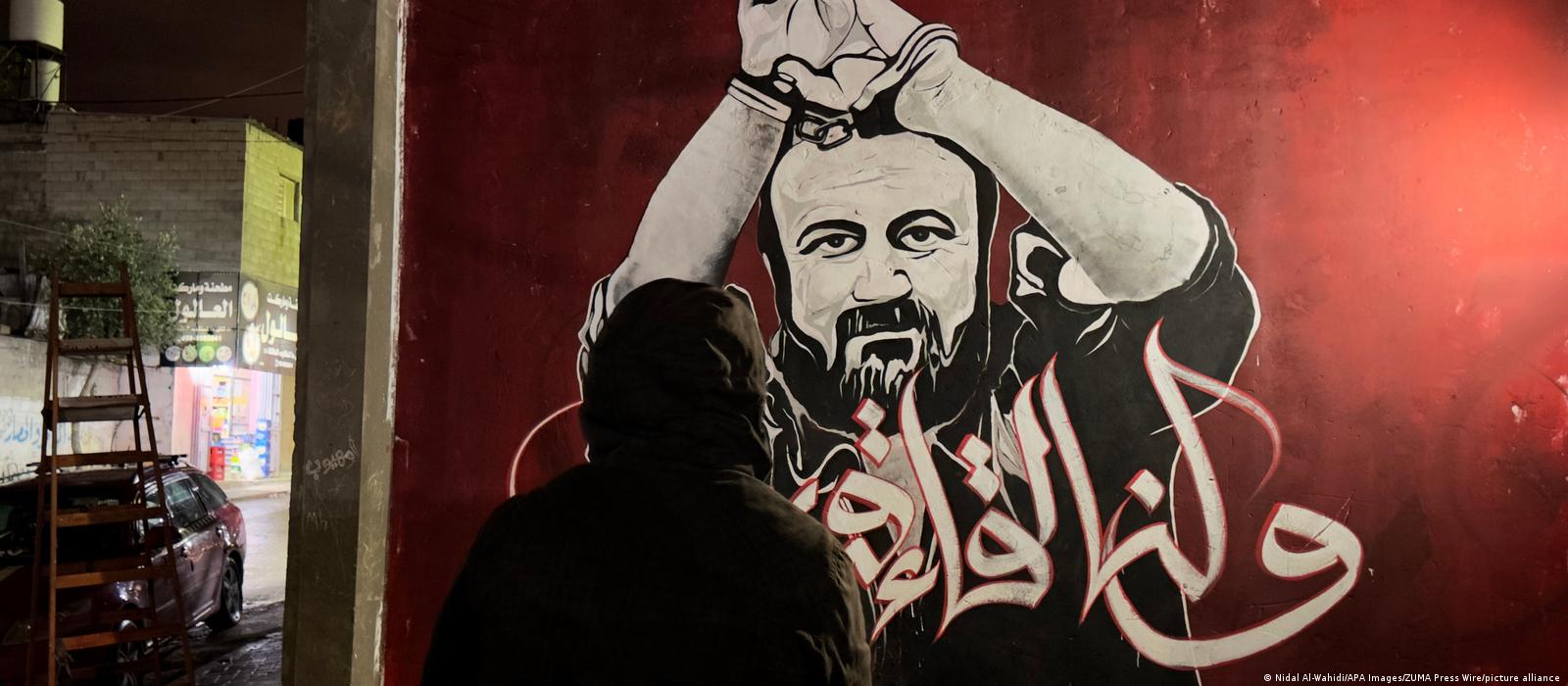Marwan Barghouti, a key figure in Palestinian politics, often becomes a focal point during times of significant unrest in Palestine. Despite serving multiple life sentences in an Israeli prison for murder convictions, Barghouti represents the potential for substantial political change in the region. His image, frequently depicted with his hands held high in handcuffs, adorns the walls of Palestinian towns, symbolizing resistance against Israeli occupation.
Barghouti consistently emerges as the preferred presidential candidate among Palestinians in opinion polls, despite his lengthy incarceration spanning over two decades. Recent surveys underscore his popularity, showing a significant lead over current Palestinian leader Mahmoud Abbas and Hamas candidates. This widespread support stems from Barghouti’s ability to bridge divides between secular nationalists and Islamists, earning respect across various factions.
Born into a modest farming family in the West Bank village of Kobar, Barghouti’s early involvement in student movements for Fatah laid the foundation for his political career. Despite facing imprisonment and deportation during periods of conflict, Barghouti remained actively engaged in Palestinian politics, particularly during the second intifada, where he gained international recognition.
While celebrated by many Palestinians, Barghouti is viewed differently by Israel, which accuses him of leading armed groups responsible for attacks during the intifada. He was convicted of involvement in multiple murders in 2004, though he maintains his innocence and refuses to recognize the court’s authority. Despite his imprisonment, Barghouti continues to play a central role in Palestinian politics, advocating for peaceful resistance and the establishment of a Palestinian state.
However, Barghouti’s political aspirations have been hindered by Abbas, who has prevented elections and consolidated power within the Palestinian Authority. Additionally, Israel has shown reluctance to release Barghouti, even during prisoner exchanges, further complicating his potential impact on Palestinian politics.
Nevertheless, Barghouti remains a figure of immense popularity and significance among Palestinians, embodying their aspirations for a brighter political future characterized by unity and independence.
This expanded version delves deeper into Barghouti’s background, influence, and the challenges he faces, providing a comprehensive overview of his role in Palestinian politics.















































